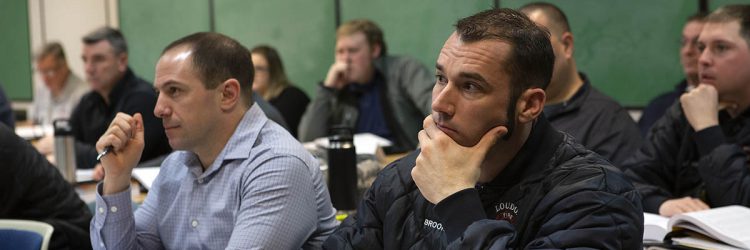Frequently Forgotten BUT Definitely Damaging: Over-the-Counter Overdose (Concord)
Richard M. Flynn Training Facility 98 Smokey Bear Blvd, Concord, NH, United StatesThis presentation will specifically address common over-the-counter medications that are readily available to the individual and often forgotten by the EMS Healthcare Provider when developing their differential diagnosis for altered mental status or sick person situations. We will specifically cover acetaminophen, ibuprofen, naproxen, aspirin, guanfacine, dextromethorphan, and melatonin as it relates to overdose thresholds, signs and symptoms, and treatment modalities. Objectives: • Review your approach and general assessment techniques of an ADULT OR PEDIATRIC AMS or Sick person call – it is more than just SAMPLE! • Address the threshold dosing and the signs and symptoms for the following OTC medications: acetaminophen, ibuprofen, naproxen, aspirin, guanfacine, dextromethorphan, and melatonin • Describe the pre-hospital treatment modalities for the above overdoses and any short-term and long-term impacts of toxic episodes



